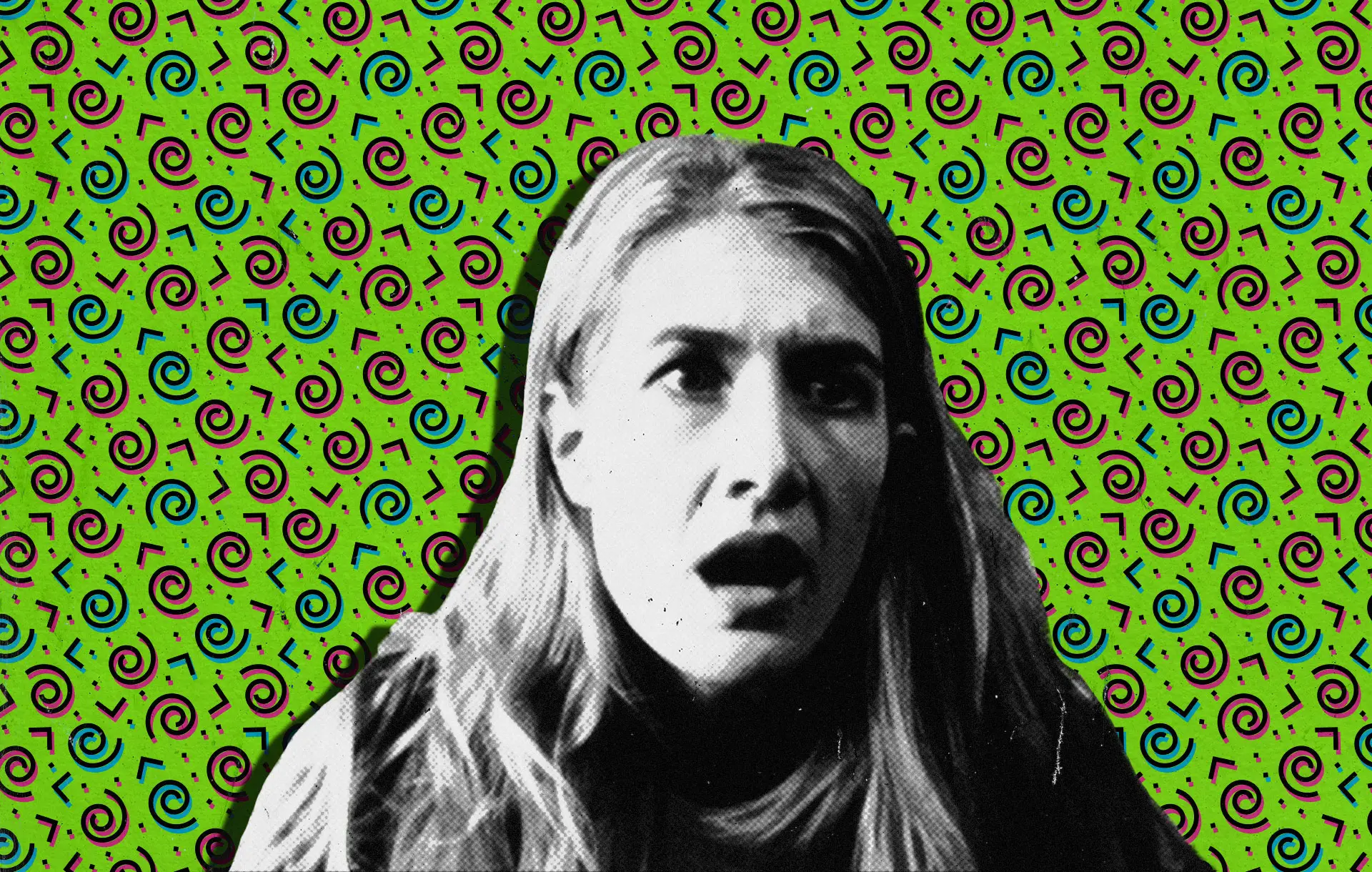It’s not easy to make a movie about abortion. It’s a fraught topic, on which most people have fairly strong convictions, and taking any position is going to alienate some degree of the audience. And even beyond that problem, it’s especially difficult to make a comedy, because abortion isn’t particularly funny.
Leave it to director Alexander Payne to find a way, which he did, in 1996’s savage satire Citizen Ruth, which marks its 25th anniversary this month. Payne’s feature debut had one of the best on-screen turns by Laura Dern, as a glue-sniffing addict from Nebraska who gets pregnant and unwittingly becomes a pawn in America’s abortion battles.
It’s not easy to make a movie about abortion. It’s a fraught topic, on which most people have fairly strong convictions…
This wildly irresponsible young woman, who has had multiple children taken away from her already, is told by a judge that her sentence will be reduced if she agrees to have an abortion. This kicks off a national tug-of-war, with anti-abortion activists (Kurtwood Smith and Mary Kay Place) first taking her in, before she ends up aligned with pro-choice activists (Swoosie Kurtz and Kelly Preston.)
The movie depicts the anti-abortion types as monsters, led by Burt Reynolds, the national leader, who turns out to be an open pedophile. But it’s not particularly friendly to the pro-choice characters either, with the film generally taking the centrist position that all of the activists are cynically using Ruth for their own purposes, at one point both trying to bribe her to have or not have the baby.
It’s a very 1990s attitude, arriving two years after 1994’s PCU, which rejected both liberal campus activism and conservative Skulls-and-Bonesism, to embrace the mantra of “we’re not gonna protest,” and is also in line with the “people who care about things are bad” ethos of South Park, which would debut a year later.
It’s the sort of centrism that might be mocked by folks today as “both-sidesism.”
If there’s one thing that’s been a knock-on Payne’s work throughout his career, it’s the Nebraska native’s tendency to condescendingly treat working-class and poor characters, especially ones from the Midwest, as stupid morons (that and his tendency to include lots of characters who are mooching relatives). Payne’s best film, Election, would follow three years later, although he’s spent much of his career making stuff like About Schmidt, Nebraska, and Downsizing, none of which I especially liked (I will grant him that Sideways and The Descendents are both excellent.)
That condescension is certainly present here, as the film doesn’t treat Ruth — a woman who’s poor, an addict, and undoubtedly has had a great deal of bad stuff happen in her life before we meet her — with much compassion, and in fact, spends a lot of the movie laughing at her.
And the ending, of course, employs “deus ex miscarriage,” a well-worn plot device often used when a movie doesn’t want to have a pregnant character go through with an abortion but not let them have the baby either.
Citizen Ruth has quite a few virtues, including a certain admirable amount of audaciousness, and also strong performances by a talented cast. But ultimately, its satirical approach hasn’t aged particularly well.




